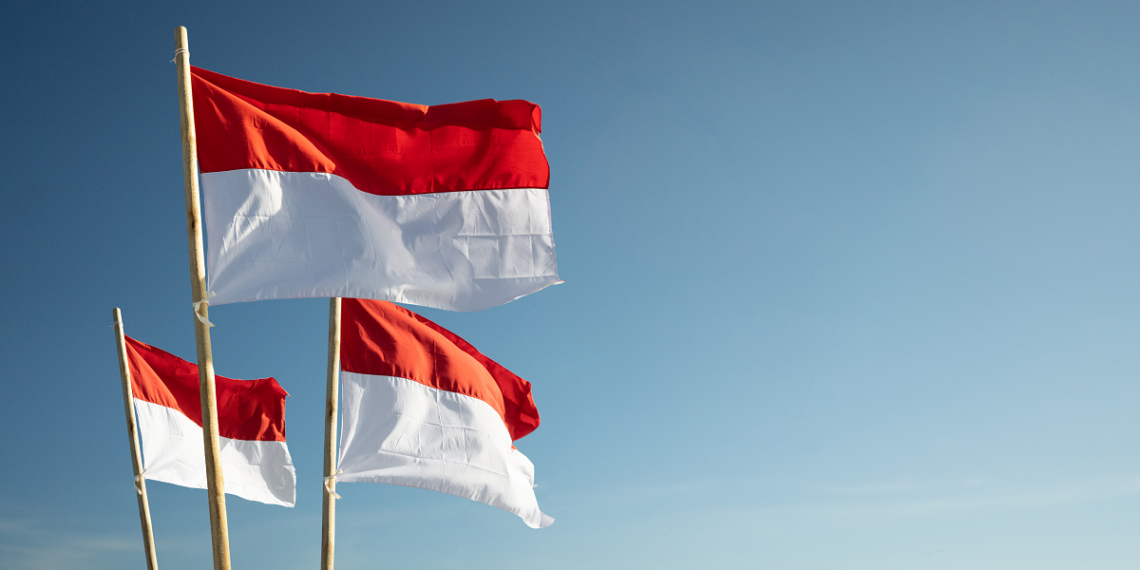With the green energy revolution now shaping various mining operations, Indonesia is taking centre stage in battery materials production, particularly as several companies have intensified plans to utilize the country’s plentiful nickel reserves to cope with mounting electric vehicle (EV) demand.
As Southeast Asia’s largest economy and the world’s largest nickel producer, Indonesia has a unique open opportunity to create a domesticated EV supply stream.
Upstream in the supply chain, Indonesia can utilize its extensive nickel reserves and implement restrictions to attract foreign investors. Midstream and downstream, Southeast Asia’s substantial car market offers enticements for EV buyers, EV battery component producers, and EV manufacturers.
Certainly, foreign investment has already started to pour into the country, particularly with German owned Volkswagen (Xetra: VOW) announcing it will partner with several powerhouses in the mining industry to construct an EV battery network in Indonesia, including Vale SA (NYSE: VALE), Eramet SA (EPA: ERA), PT Merdeka Copper Gold Tbk (IDX: MDKA), and Zhejiang Huayou Cobalt Co. Ltd.
The partnerships will consist of various joint ventures and the supply of raw materials, Minister Bahlil Lahadalia said in a video statement from Germany (as reported by Reuters), where an Indonesian delegation joined one of the world’s largest industry fairs, Hannover Messe. They met with representatives of significant companies including German chemical giant BASF, Eramet, and Volkswagen.
“Indonesia is an important and interesting country in terms of raw materials and we are in a positive exchange with the government and suppliers.” Volkswagen stated.
Bahil continued to say that BASF (ETR: BAS) had also communicated an interest in building a plant to manufacture battery materials, partnering with Eramet (EPA: ERA), in Indonesia’s north Maluku province, for a total investment of around EU$2.4B.
“We would like to convey that our agreement with Eramet is at the final stage, it is likely that our decision will be taken in the first half of 2023.” the investment ministry said, citing BASF chief executive Martin Brudermüller.
The company said in a recent news release, that guaranteeing access to raw materials, especially nickel, is vital in establishing continuous growth in the global EV value chain.
The report stipulates that the share of high nickel cathode active materials is rising in response to heightened demand for higher energy density batteries, and Weda Bay’s resources in Indonesia, rank among the most competitive globally for addressing this demand, whilst still retaining lower costs.
The planned development will provide BASF access to an additional secure source of 42,000t of nickel and 5,000t of cobalt annually from mines operating according to internationally recognized sustainability standards.
Volkswagen has also revealed further plans to invest EU$180B over five years, in areas such as battery production and raw material sourcing, in a bid to cut electric vehicle costs and protect its market share.
Over two-thirds of the Volkswagen budget, announced in March, is allocated to producing battery cells, developing software, and supporting supply chains of critical raw materials — including up to EU$15B for batteries and raw materials.
“For me, it is important that we have a clear orientation of where we are going,” said Oliver Blume, Volkswagen chief executive, to reporters, adding that 2023 would be a “decisive year” for the company.
Volkswagen and Eramet’s announcements reflect the growing consensus amongst automakers, that attention has now shifted to less conventional supply chains, in an attempt to cut costs and stabilize supply in the wake of skyrocketing battery metals prices.
Indonesia is also notably among the world’s top 10 leading CO2 emitters, with the transportation sector and automotive industry accounting for the largest amount of energy exhaustion and a quarter of the total energy emissions in the country.
The government’s move to establish domestic EV production also reflects its belief that EVs are an effective method in reducing emissions. Compared to internal-combustion engines, EVs are considerably more efficient in energy use. Additionally, the life-cycle emissions of EVs are lower, even with coal-dominant power grids.
Overall, Indonesia’s strategy to develop an integrated EV supply chain and become an EV battery producer and exporter has a strong trajectory and the influx of new investment activity suggests 2023 will be a considerable year for the country.












